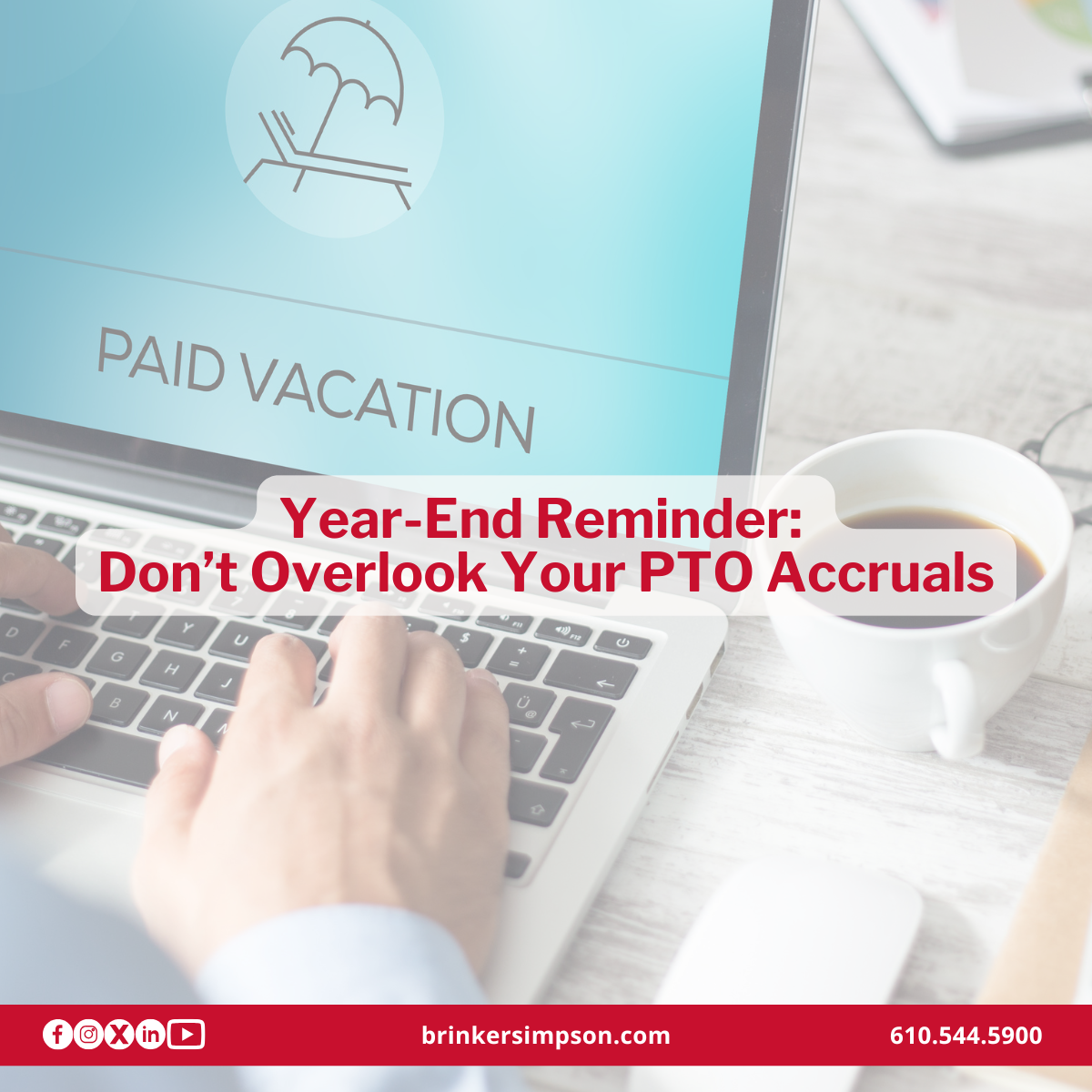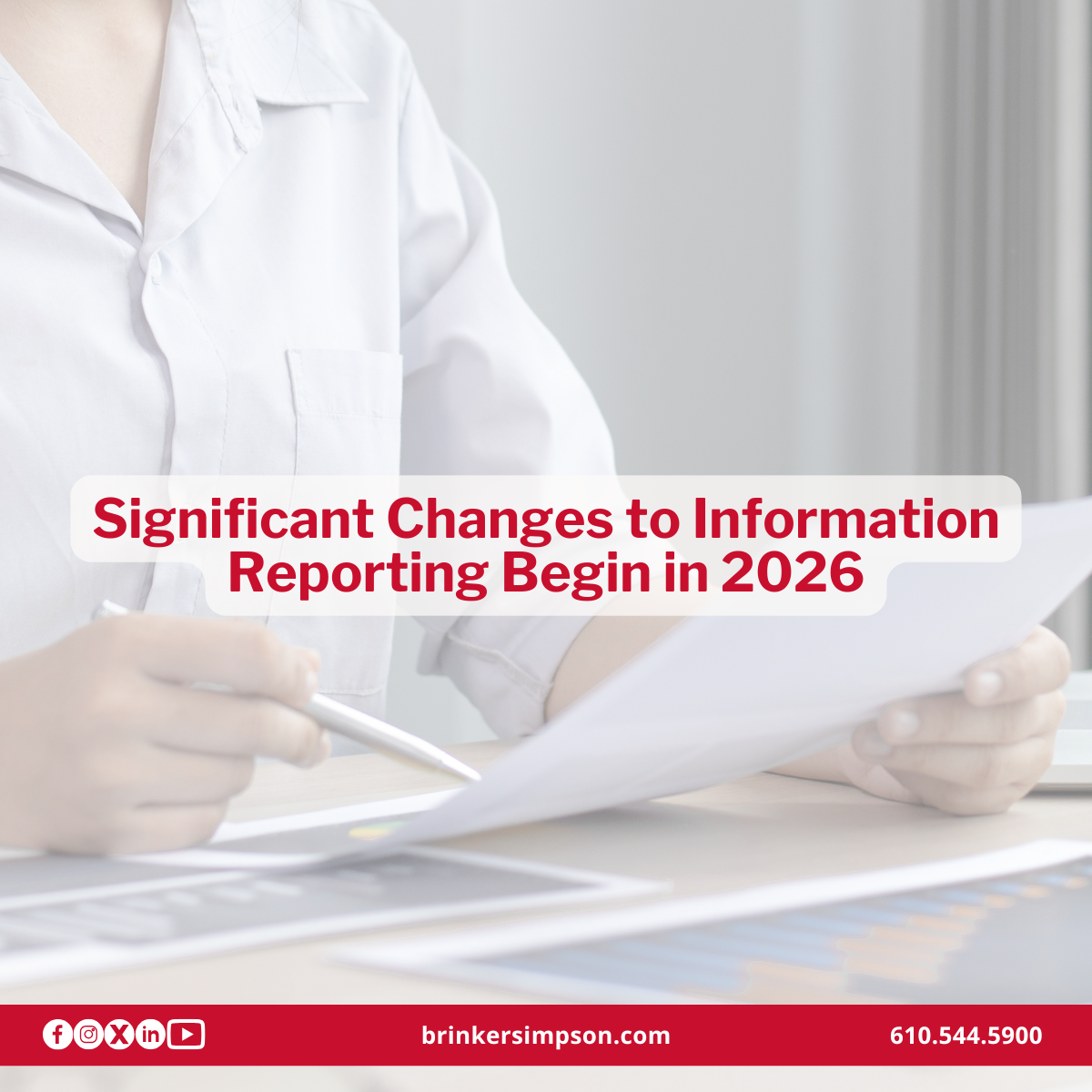The 2023 standard deduction amounts are out. While it will be quite a while before you have to file your 2023 tax return, it's always a good idea to be thinking ahead when it comes to taxes. For many people, the standard deduction is one of the key factors in calculating their ultimate tax bill. That's because it's typically the largest deduction on millions of tax returns each year, and it can determine whether or not you even have to file a return.
Your standard deduction amount depends on your filing status, whether you're 65 or older and/or blind, and whether another taxpayer can claim you as a dependent. They're also adjusted for inflation each year. For the 2023 tax year, the standard deduction amounts are as follows:
- Single; Married Filing Separately: $13,850
- Married Filing Jointly; Surviving Spouse: $27,700
- Head of Household: $20,800
If you're at least 65 years old or blind, you can claim an additional standard deduction of $1,500 in 2023 ($1,850 if you're claiming the single or head of household filing status). If you're both 65 or older and blind, the additional deduction amount is doubled.
If you can be claimed as a dependent on another person's tax return, your 2023 standard deduction is limited to the greater of $1,250 or your earned income plus $400 (the total can't be more than the basic standard deduction for your filing status).
Will You Need to File a 2023 Tax Return?
Not everyone is required to file a tax return each year. For instance, most people don't have to file a return if their income is less than their standard deduction. That makes sense since your standard deduction is subtracted from your adjusted gross income (AGI). As a result, if the standard deduction is greater than your AGI, your taxable income will be reduced to zero.
That's not the case for everyone, though. For instance, different rules for determining whether you're required to file a tax return apply if someone can claim you as a dependent; you owe certain special taxes (e.g., alternative minimum tax, additional tax on a qualified retirement plan, household employment taxes, payroll taxes on unreported tips, etc.); you or your spouse received distributions from a health savings account, Archer MSA, or Medicare Advantage MSA; you had at least $400 of net earnings from self-employment; advance payments of the premium tax credit were made for you or your family; and more.
Plus, even if you aren't required to file a tax return, you might want to file a return anyway. That might be the only way to get a refund for taxes that were withheld from your paycheck or for certain refundable tax credits (e.g., the earned income tax credit).



